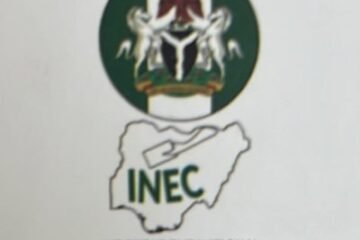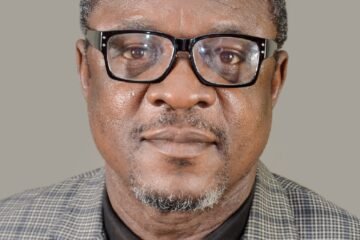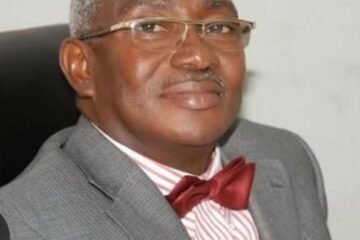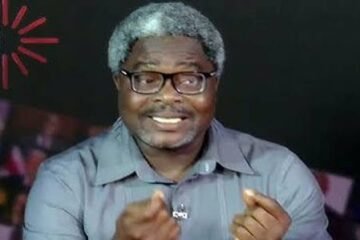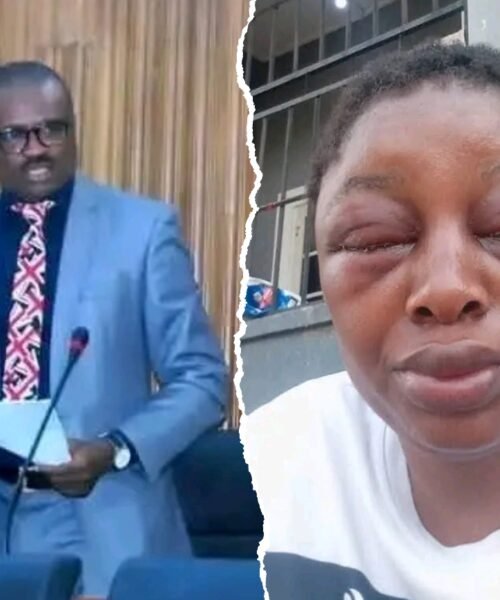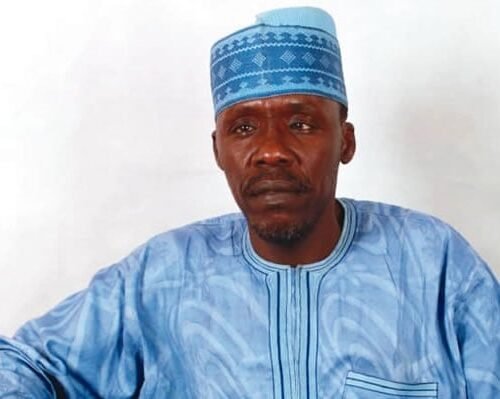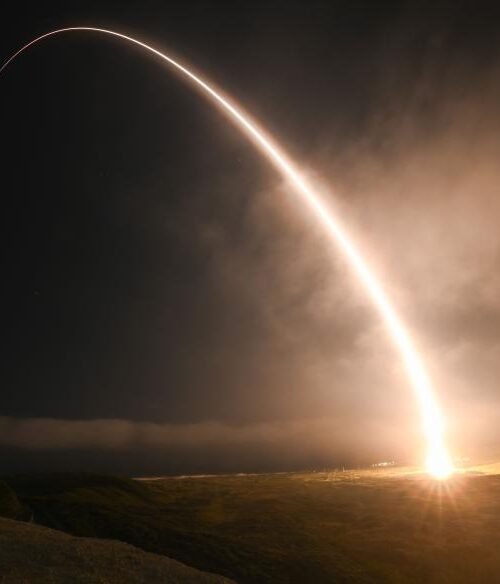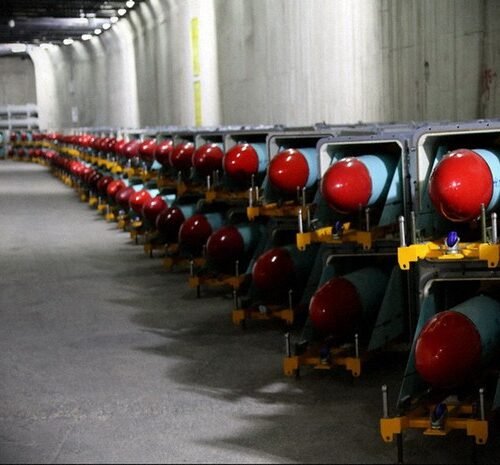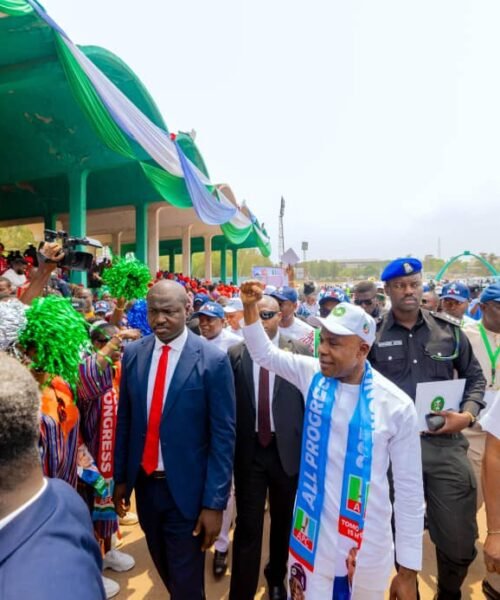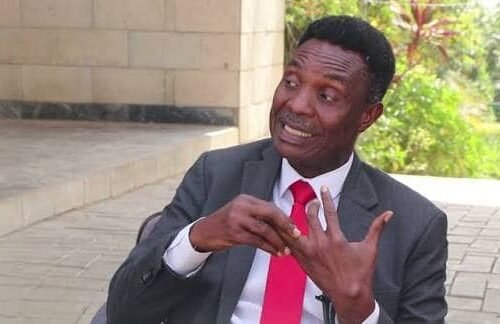By Achadu Gabriel, Kaduna
Middle Belt Forum (MBF) has expressed deep concern over the comments made by National Security Adviser (NSA), Mallam Nuhu Ribadu, during his condolence visit, in April, to Benue State Governor, Rev. Fr. Hyacinth Alia, in the wake of attacks by armed herdsmen, which left scores dead, several displaced and properties destroyed.
The visit was directed by President Bola Tinubu following a ‘black Friday’ of murder of over 70 persons by suspected killer herdsmen.
MBF is a regional socio-political group in Nigeria that seeks to promote the interests of the people of the Middle Belt region, an area in the country’s North-Central zone.
Addressing a stakeholders’ meeting in Makurdi, the state capital, during the visit, the NSA had said,among others: “This is not about politics, religion, or ethnicity — it is pure criminality. Many nations around the world, including Sudan, Niger, Mali and Burkina Faso, face similar or even worse challenges.”
He recalled that insecurity in Nigeria predates the current administration, tracing the crisis to 2011.
However, picking holes in the NSA’s assertions, MBF described the comment as inaccurate and callous.
The Forum noted that the attacks by suspected Fulani herdsmen had left scores dead, entire communities displaced, and thousands fleeing in desperation and joining the swelling ranks of hundreds of thousands already living as Internally Displaced Persons (IDPs) in their own homeland.
MBF’s reaction was contained in a statement issued and signed by its national spokesman, Mr. Luka Binniyat and made available to newsmen in Kaduna,Thursday, May 15.
According to the body, it is particularly irked that the NSA downplayed the crisis by suggesting it was part of a global trend, citing examples like Sudan and other places.
The statement read,in part: “MBF is deeply concerned by the comments made by the National Security Adviser (NSA), Mallam Nuhu Ribadu, during his recent condolence visit to Benue State Governor, Father Hyacinth Alia, following the horrific attacks by armed men identified as Fulani herdsmen.
“These attacks have left scores dead, entire communities displaced, and thousands fleeing in desperation, joining the ranks of hundreds of thousands already living as internally displaced persons (IDPs) in their own homeland.
“What should have been a solemn, compassionate visit turned into a controversial development. While condemning the violence, the NSA downplayed the crisis by suggesting it was part of a global trend, citing examples like Sudan and Mauritania.
“Even more disturbing, he denied any territorial control by armed groups in Nigeria, contradicting well-documented realities. This denial flies in the face of evidence.
“In Benue State alone, where Ribadu made these claims, many communities remain under the occupation of armed Fulani militants who violently displaced the original inhabitants.
“Similar situations persist across parts of Southern Kaduna, Plateau, Niger, Kebbi, Sokoto, Katsina, and Zamfara states. Even Governor Babagana Zulum of Borno has publicly admitted that Boko Haram has regained control of areas they were once expelled from.”
The Forum said it was, therefore, alarmed and puzzled by the NSA’s statements and demanded to know who has been briefing him even as the body queried the basis on which he allegedly dismissed “credible reports” of occupation and atrocities.
MBF further described the NSA’s remarks as not only inaccurate, but callous, “especially when so many IDPs lived in subhuman condition, stripped of their dignity, homes, and livelihoods.”
The body added that to suggest no one occupied the victims’ lands “is to deny them justice and hope of return to their homes and restitution paid in the future.”
The Forum also raised concerns about the ongoing ‘North Central Workshop on Developing a National Framework on Disarmament, Demobilisation and Reintegration’ being organized in Makurdi under the NSA’s Office.
Noting that while such frameworks were vital, MBF pointed to what it regarded as “a glaring omission” wherein Kaduna State Governor Uba Sani last year granted amnesty to “so-called repentant terrorists in Birnin Gwari, but nothing was said about their countless victims -families shattered, communities ruined, and lives reduced to misery.”
It stated: “Further raising concerns is the ongoing ‘North Central Workshop on Developing a National Framework on Disarmament, Demobilisation and Reintegration’ currently being organized in Makurdi under the NSA’s Office. While such frameworks are vital, there is a glaring omission and the MBF has its position on it.
“Meanwhile, last year, Governor Uba Sani of Kaduna State granted amnesty to so-called ‘repentant’ terrorists in Birnin Gwari. He said that it was an outcome of robust collaboration with the NSA’s Office. He pledged to rehabilitate them, for dropping their arms. These are men who have committed mass killings, arson, and kidnappings.
“Yet, not a word was said about their countless victims—families shattered, communities ruined, and lives reduced to misery. We suspect that the ongoing workshop may align with the Kaduna model, which had no consideration to the victims and has no space for justice.
“We must ask: will the proposed disarmament workshop also target communities who, in desperation, have armed themselves with rudimentary weapons to defend against terrorist onslaughts? Would this not contradict the February 2025 call by the Director General of the Department of State Services, Mr. Oluwatosin Ajayi, urging communities to act as first responders in self-defense?”
MBF urged that government must not allow murderers and destroyers of communities to simply surrender weapons and walk away free, insisting that “justice must be served.”
The body made a case for the right to self-defense, stating that communities under siege should be supported, not disarmed.
“The government should help them legally procure light weapons, train youth volunteers, and place them under the supervision of vetted military or security personnel, serving or retired,” it suggested.
Continuing, the statement added: “No Unilateral Forgiveness of Criminals: Amnesty and reintegration programs must follow legal processes and legislative backing. The Federal and State Governments must not unilaterally pardon terrorists without public accountability.
“The time has come for serious, responsible, and empathetic governance that truly reflects the pain and suffering of affected communities. The NSA must offer leadership that reassures victims not pamper terrorists.
“The hundreds of thousands of ‘repentant’ Boko Haram terrorists granted amnesty have not solved the insurgency issue in the North East.”


